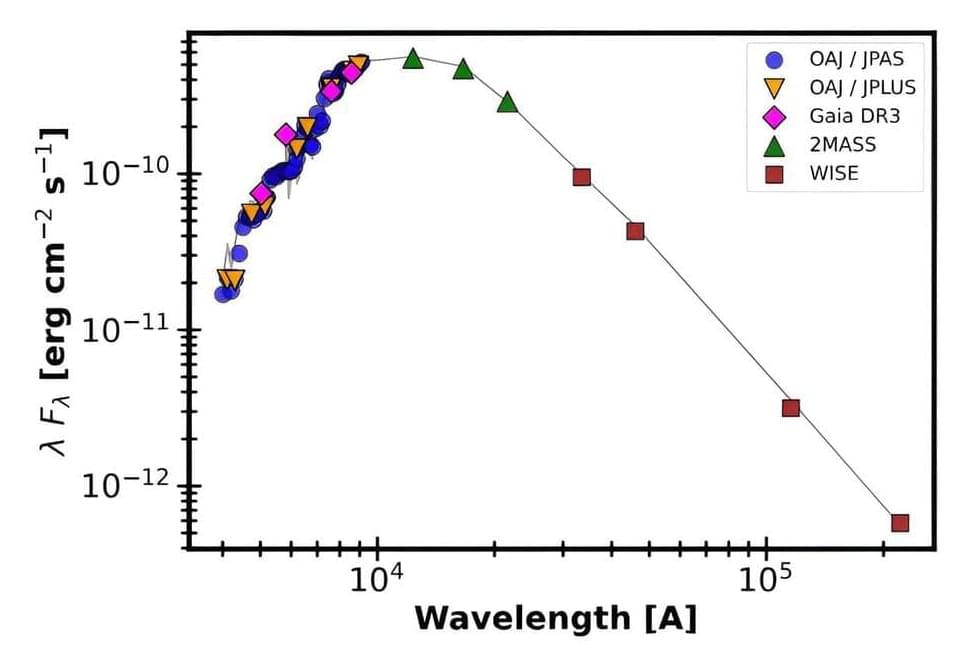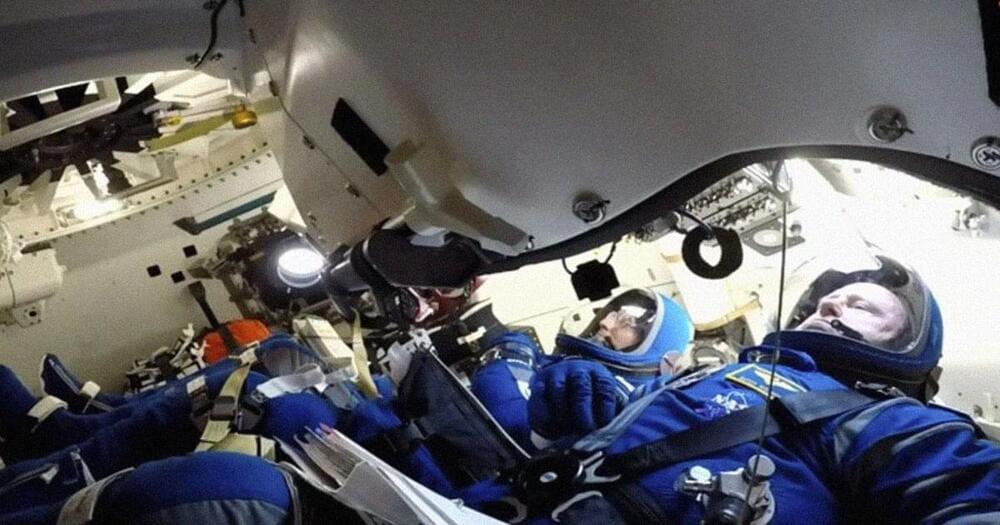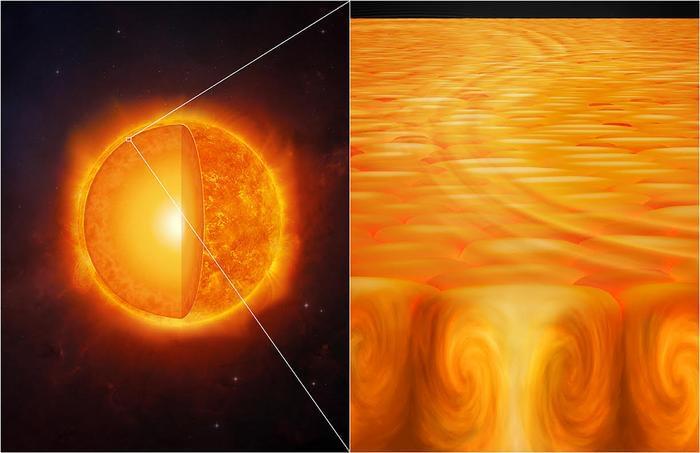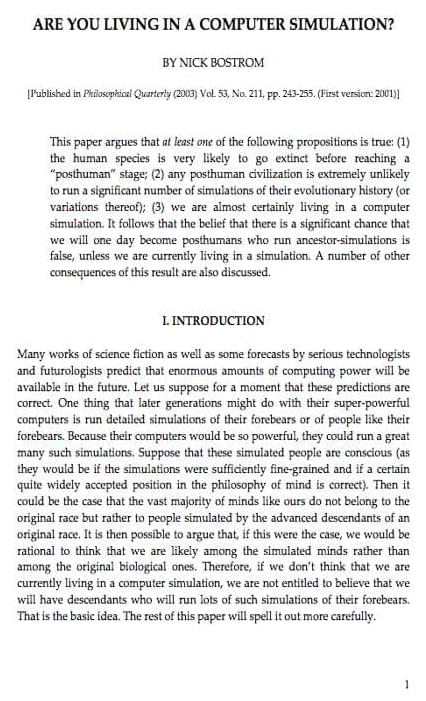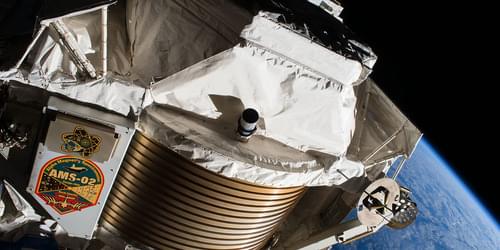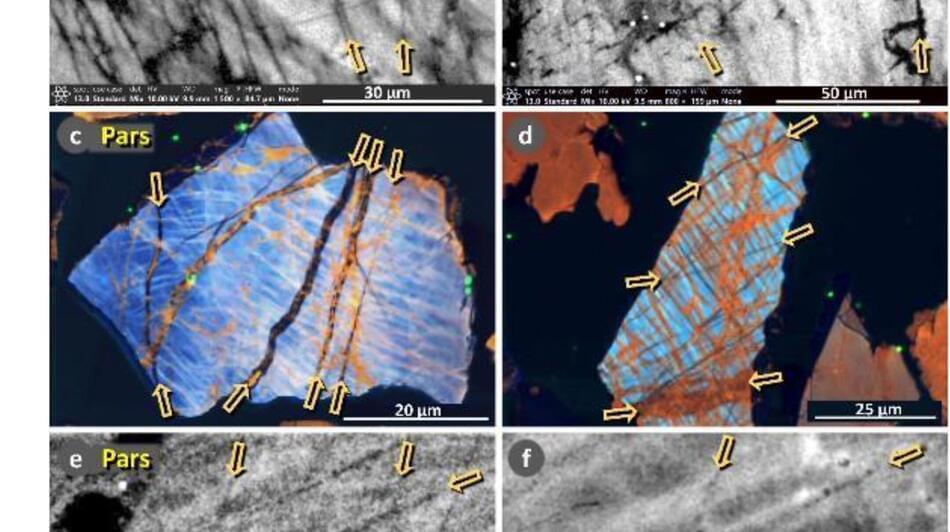According to Loorits, if we want consciousness to be explained in terms of natural sciences, we should be able to analyze its seemingly non-structural aspects, like qualia, in structural terms. However, the studies conducted over the last three decades do not seem to be able to bridge the explanatory gap between physical phenomena and phenomenal experience. One possible way to bridge the explanatory gap is to seek the structure of consciousness within consciousness itself, through a phenomenal analysis of the qualitative aspects of experience. First, this analysis leads us to identify the explanandum concerning the simplest forms of experience not in qualia but in the unitary set of qualities found in early vision. Second, it leads us to hypothesize that consciousness is also made up of non-apparent parts, and that there exists a hidden structure of consciousness. This structure, corresponding to a simple early visual experience, is constituted by a Hierarchy of Spatial Belongings nested within each other. Each individual Spatial Belonging is formed by a primary content and a primary space. The primary content can be traced in the perceptibility of the contents we can distinguish in the phenomenal field. The primary space is responsible for the perceptibility of the content and is not perceptible in itself. However, the phenomenon I refer to as subtraction of visibility allows us to characterize it as phenomenally negative. The hierarchical relationships between Spatial Belongings can ensure the qualitative nature of components of perceptual organization, such as object, background, and detail. The hidden structure of consciousness presents aspects that are decidedly counterintuitive compared to our idea of phenomenal experience. However, on the one hand, the Hierarchy of Spatial Belongings can explain the qualities of early vision and their appearance as a unitary whole, while on the other hand, it might be more easily explicable in terms of brain organization. In other words, the hidden structure of consciousness can be considered a bridge structure which, placing itself at an intermediate level between experience and physical properties, can contribute to bridging the explanatory gap.
Keywords: early vision; explanandum; explanatory gap; hidden conscious structure; hierarchy of spatial belongings; multiple hierarchical segregation; phenomenal analysis.
Copyright © 2024 Forti.
